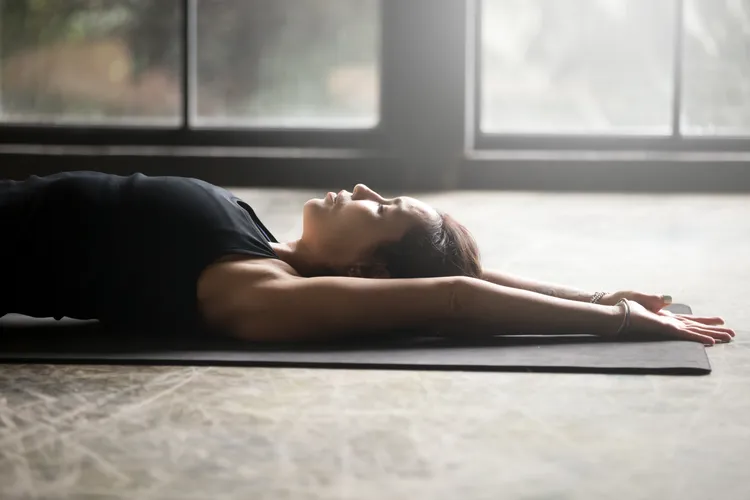Research shows that hitting the gym at night may reduce total sleep time. It’s best to get into the habit of doing vigorous exercise earlier in the day. That way, stress hormones from intense workouts are less likely to disrupt your sleep. If you can’t fit a morning workout into your day, aim to exercise at least four hours before your bedtime for better sleep, or opt for short, lower-intensity workouts such as squats and calf raises. Most adults should get between seven and nine hours of sleep each night.2 If you typically stay up until midnight, though, getting up for a 5 a.m. workout would mean you’re not getting enough sleep. You can exercise in the afternoon as long as it’s not too close to your bedtime. However, not everyone can exercise before it gets dark. Depending on your work schedule and other responsibilities, you might only have time to work out in the evening. In that case, try to end physical activities at least two hours before your bedtime. Your core body temperature naturally drops as you prepare for sleep. However, exercise raises body temperature, which may disrupt this process. For most people, doing strenuous exercise within four hours of bedtime can disrupt sleep due to the increase in stress hormones that keep the brain awake. If you’re going to exercise and then eat and then go to sleep, that’s not good either, because you really want to eat three to four hours before bedtime. Your circadian clock is very sensitive to temperature and food, so it might delay your bedtime and affect the quality of your sleep
Thank you for reading this post, don't forget to subscribe!The Best Time to Exercise For The Most Restful Sleep



